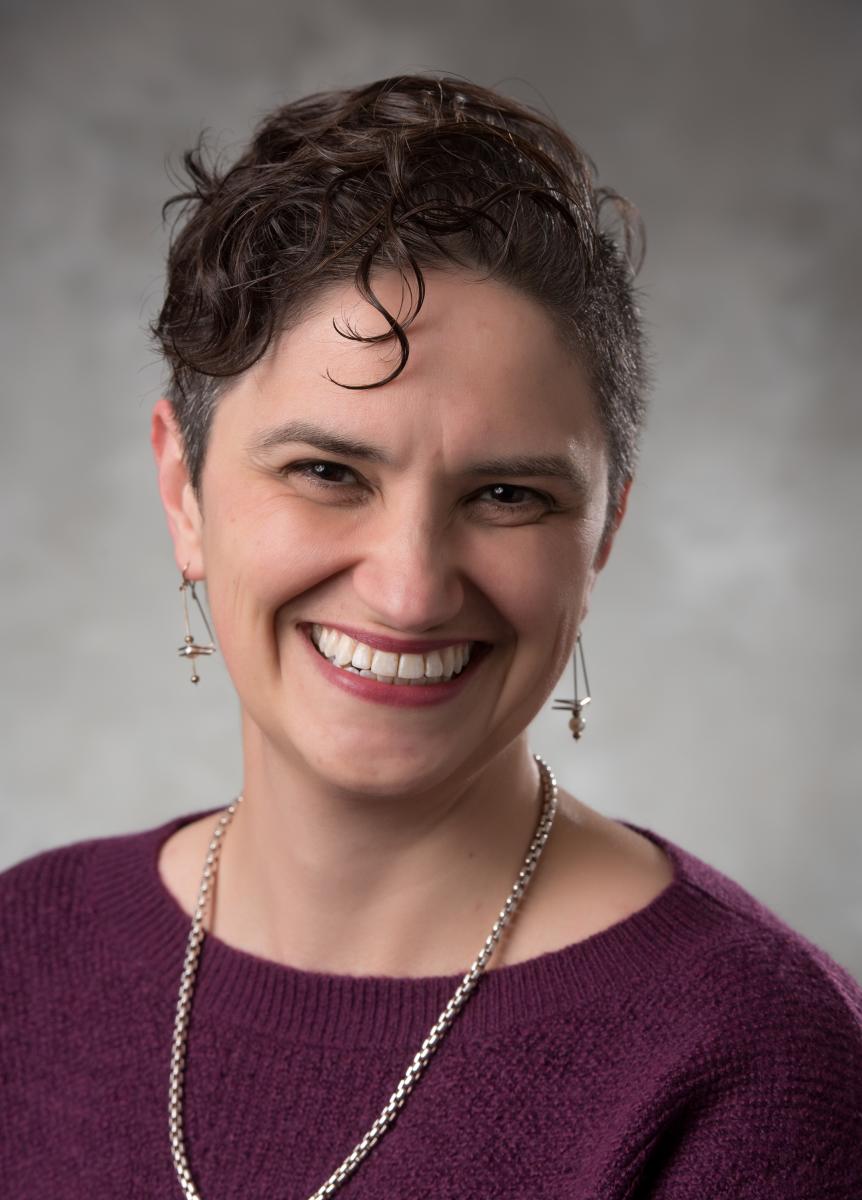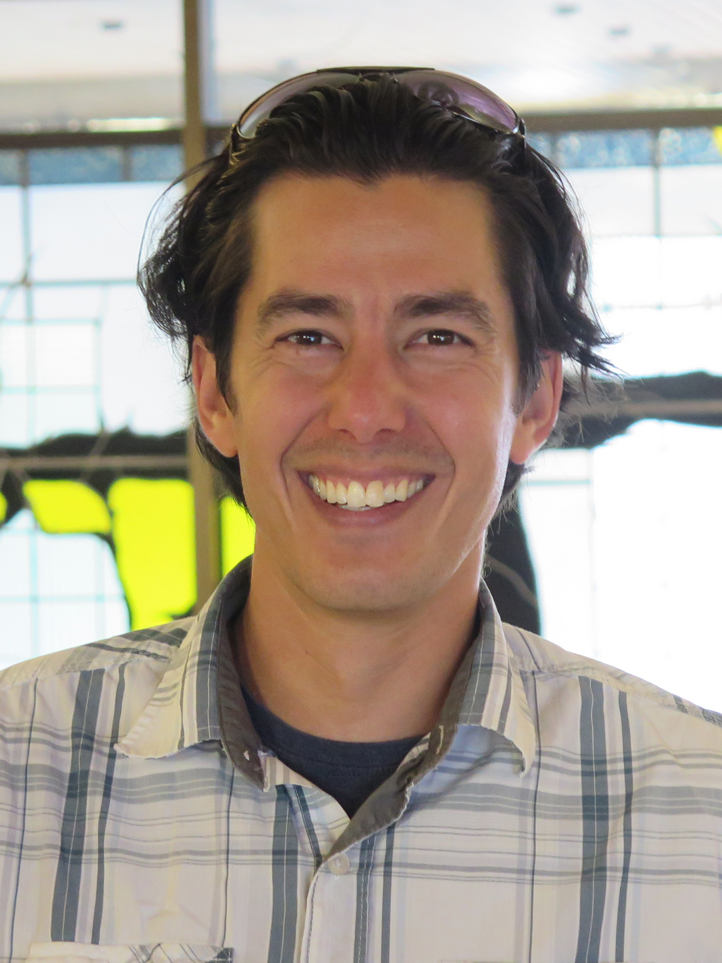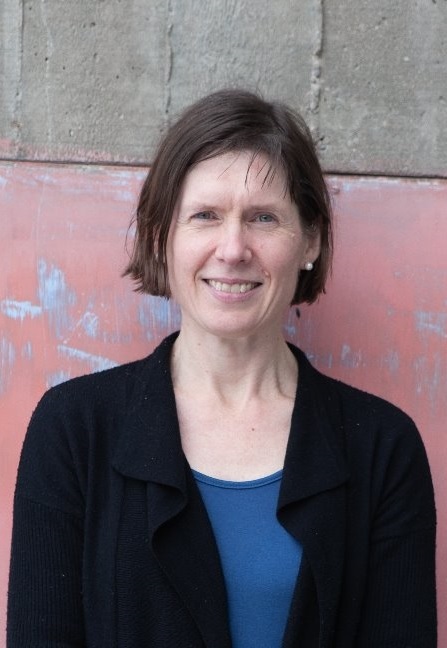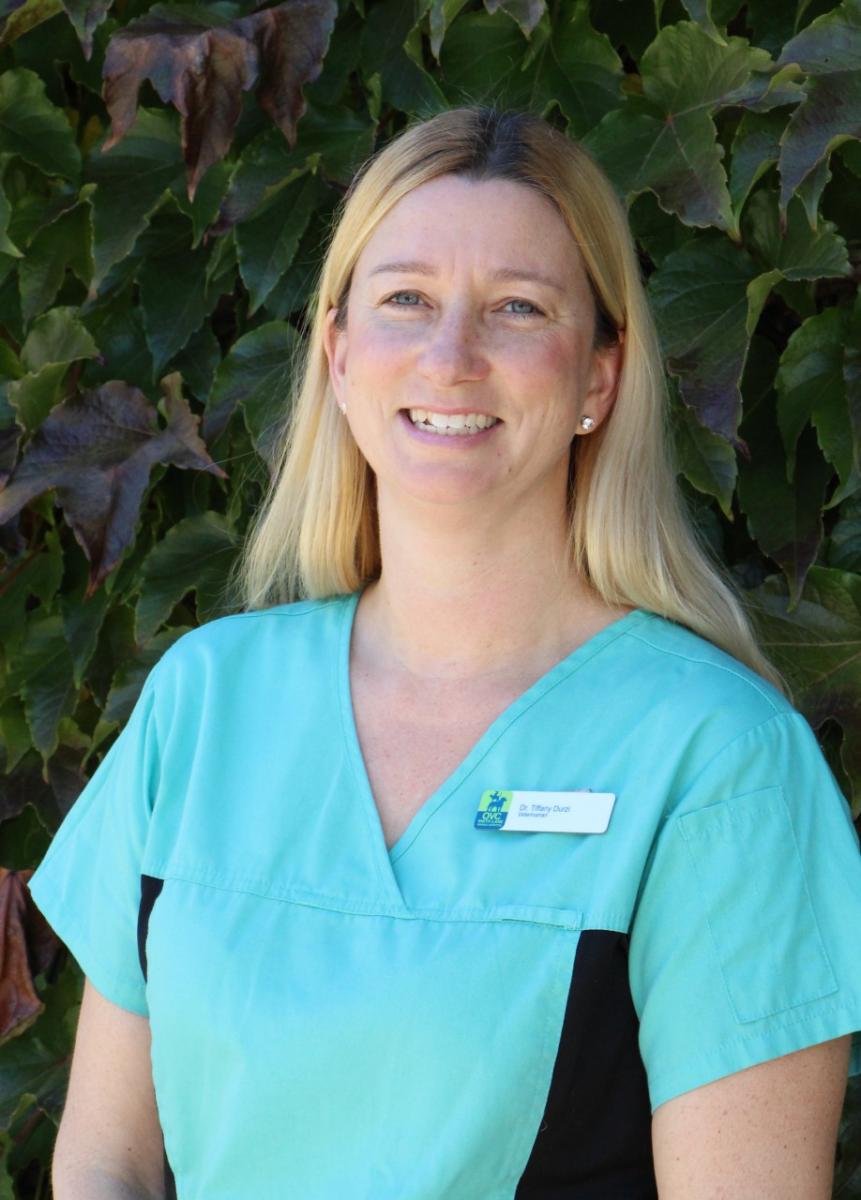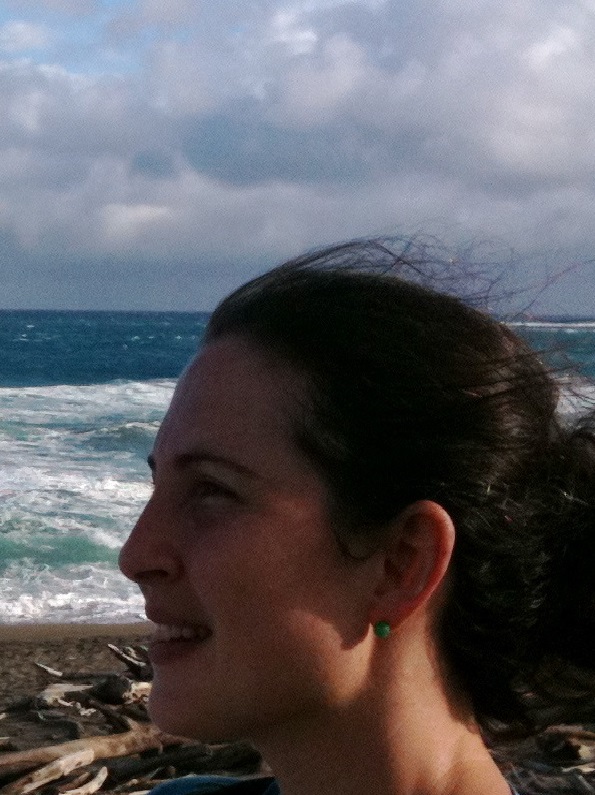
Countering Eugenics in Education
Evadne Kelly - $ 50,000
Our project creates a new online course entitled "Countering Eugenics in Education" to address learning challenges in decolonization, anti-racism, and accessibility in institutions of higher education. Our project is innovative in that we address histories of Ontario educational institutions producing and disseminating oppressive knowledge and trace those histories to present day inequities and work to counter them in both our course design process and outcome. Eugenics (a faulty pseudo-science focused on human betterment through heredity) created the conditions for dehumanization and devaluing difference. It spawned policies and practices that targeted Indigenous, Black, and other racialized populations, disabled, poor, and LGBTQ+ people through institutional confinement, restrictive marriage and immigration laws, and coercive sterilization. Our course will address this history and legacy by offering learning opportunities through an accessible, interactive, ebook, in part, as a response to Canada’s Truth and Reconciliation Commission (2015) and the Huronia Settlement and Liberal Government Apology (2013) and to foster social justice broadly in higher education.
